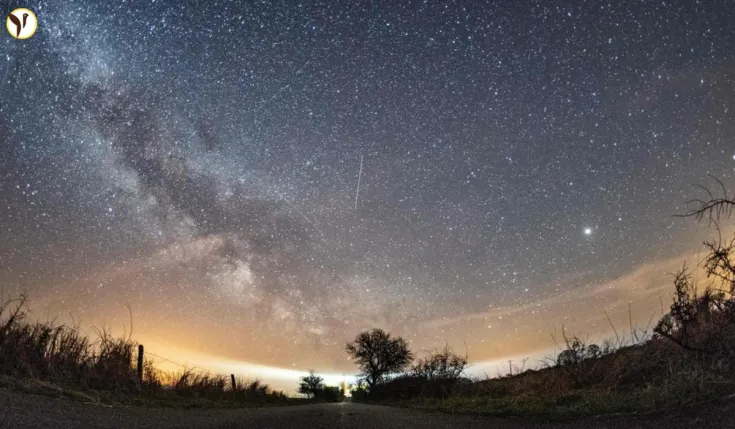If you’re into looking at stars or just want to see something cool, the Lyrid meteor shower is happening tonight here in Australia. It’s one of those neat yearly shows where bits of space dust burn up in our atmosphere, creating quick streaks of light.
NASA says you might spot about 10 to 20 meteors every hour when the shower hits its peak late tonight and early tomorrow morning. So, if you’ve got a bit of time and want to catch it, it’s definitely worth stepping outside.
When and Where to Watch
A professor from the University of Melbourne, Michele Trenti, told NewsWire that while the shower starts tonight, the best time to watch is between 2 am and 5 am. Honestly, that’s pretty late, but if you can stay up or wake up, you’re in for a treat.
Here’s some tips if you want the best view:
-
Try to find a dark spot, away from city lights.
-
Look toward the northern or northeastern part of the sky.
-
Give your eyes about 30 minutes to get used to the dark — it really helps you see the dimmer meteors.
What to Expect
The meteors themselves flash by fast — usually just a second or two — so you gotta stay alert. Don’t expect to see a bunch all at once. According to Professor Trenti, it’s more like one or two every few minutes, but over time you’ll see a good handful.
The cool thing is, you don’t need any special gear. No telescope or fancy camera — just your own eyes. The meteor shower is safe to watch and easy to catch if you’re patient.







